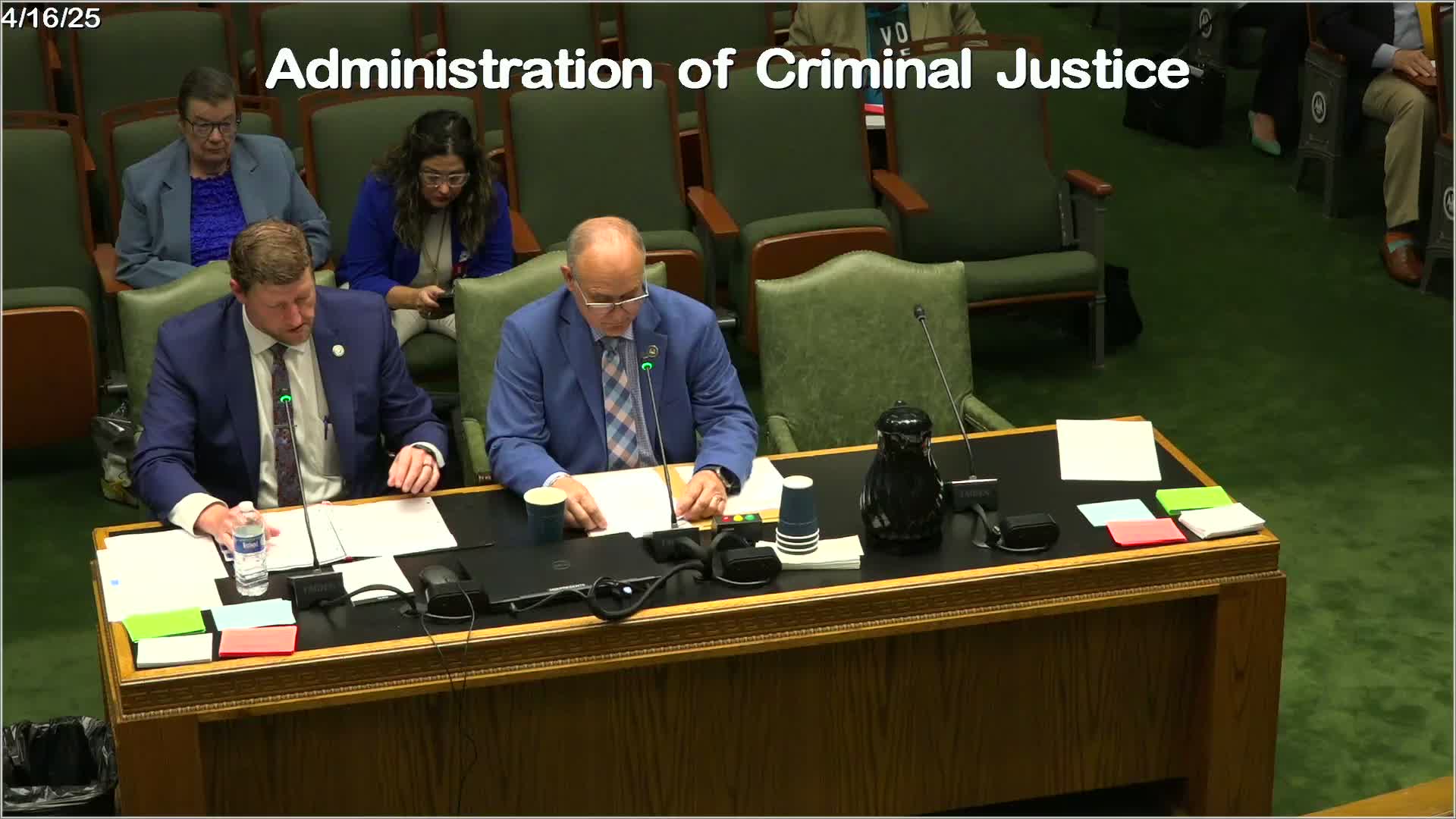Article not found
This article is no longer available. But don't worry—we've gathered other articles that discuss the same topic.
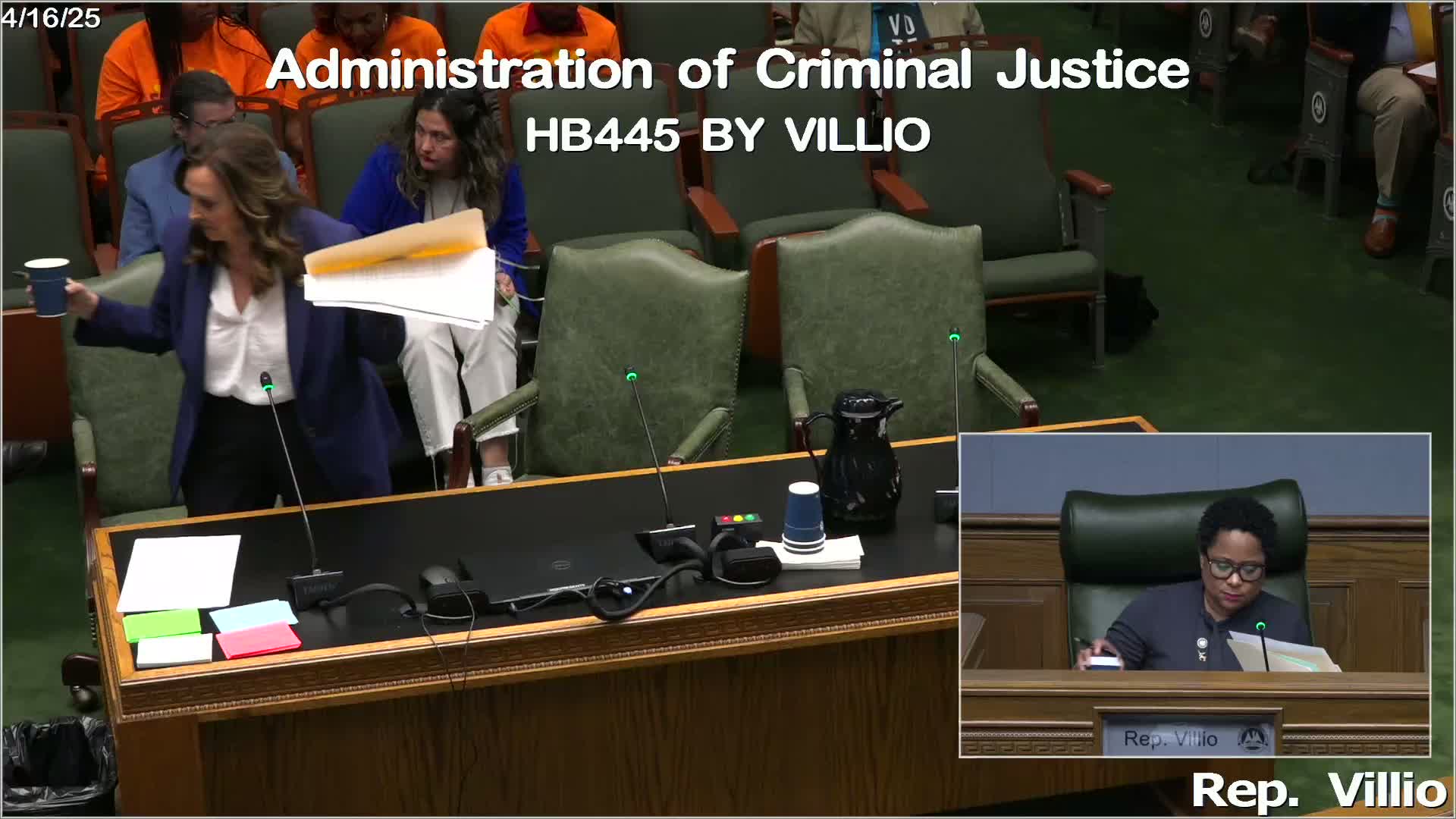
Committee approves Landry-backed bill to create victim‑notification system tied to statewide records projects
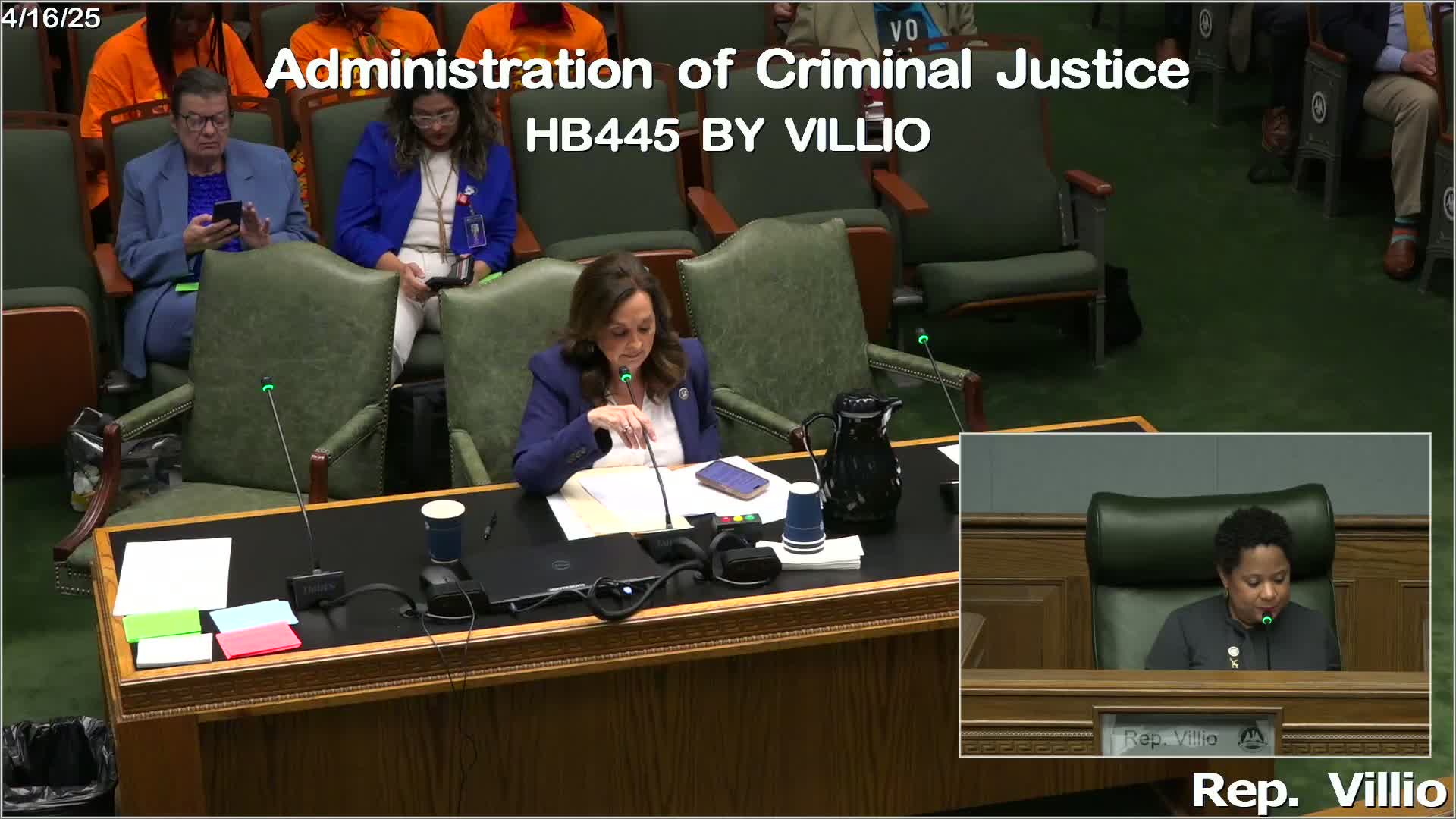
Committee advances bill to add juvenile records to statewide criminal‑justice management system; opponents warn confidentiality risks
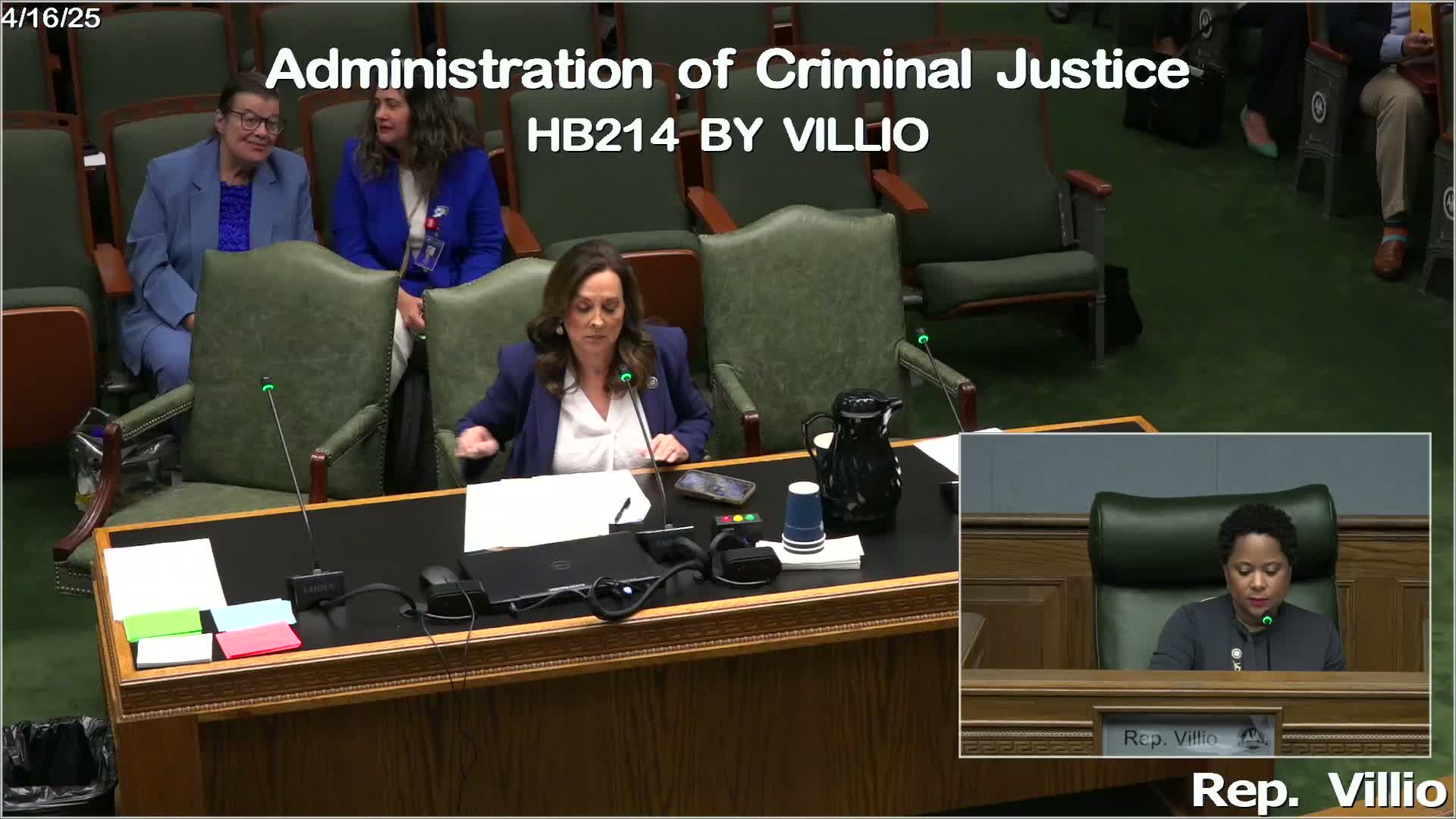
Panel backs cleanup to probation revocation rules, exempts specialty courts from automatic revocation
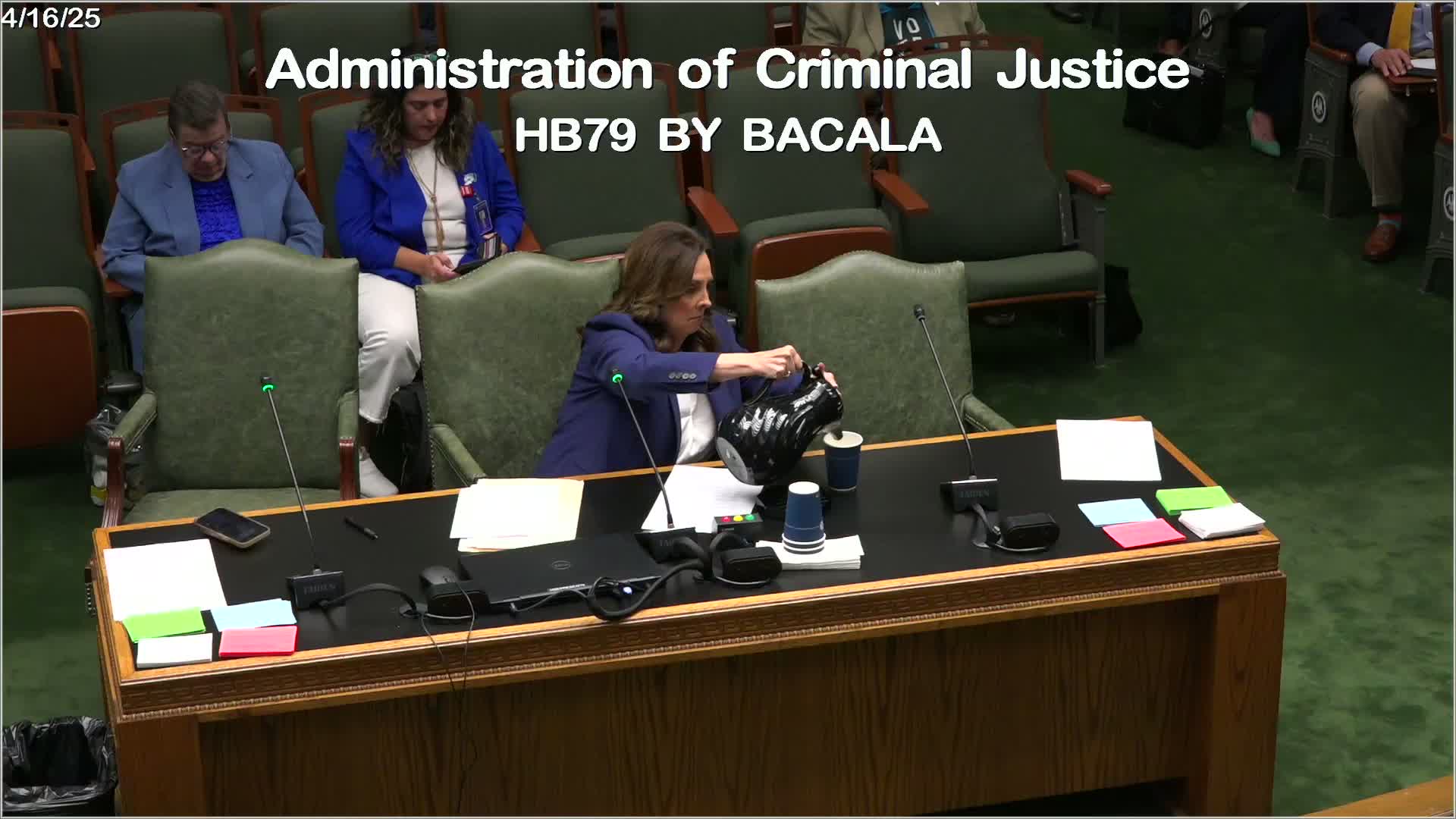
Committee advances bill clarifying parole eligibility and 'good time' rules
